Understanding Circuit Breakers
Circuit breakers serve as vital safety features within electrical systems. Their primary function is to interrupt the flow of electricity when an overload or short circuit occurs, thereby preventing electrical fires or damage to appliances. However, improper handling of circuit breakers can lead to hazardous situations. Let’s explore the essential safety tips for replacing circuit breakers:
If you think your building needs new breakers due to age or constant tripping, Action Services Group can help. Click here to learn about our national turn-key electrical services!
1. Safety First: Cut Off All Power Before Circuit Breaker Replacement
Before commencing any work on the circuit breaker panel, it’s imperative to switch off the main breaker and isolate the panel. This precautionary step is crucial for ensuring personal safety and preventing electrical accidents during maintenance or installation procedures.
2. Prioritize Protection: Wear Appropriate Protective Gear
When working with circuit breakers, particularly in environments with potential arc flash hazards, wearing appropriate personal protective equipment (PPE) is essential. Conduct a thorough assessment of the equipment to identify any exposed circuit parts or installation flaws that may pose risks.
3. The Importance of Proper Circuit Breaker Selection for Safety
Selecting the correct circuit breaker is paramount to ensure compatibility with the existing panel. Verify that the breaker possesses the appropriate amperage rating and compatible wiring. For assistance in identifying the right type of circuit breaker, consult with knowledgeable professionals like Action Services Group.
4. Thoroughly Inspecting Tools and New Components
Prior to installation, inspect all tools, wires, and new parts to ensure they are free from damage. Conducting these inspections not only guarantees proper functioning of connections but also helps in saving time and avoiding potential issues in the future.
5. Mind the Heat: Recognizing Energized Circuits
Even when the main breaker is turned off, certain components within the panel may retain electrical charge. Exercise caution and utilize proper tools and procedures to handle potentially energized components safely.
6. Pre-Activation Check: Ensuring Safety Through Inspection Before Powering On
Following the replacement or installation of a circuit breaker, conduct a thorough inspection of all new parts and connections by a licensed technician. Avoid simply flipping the breaker to check functionality, as this can lead to severe damage if connections are improper.
7. Keeping Current: The Importance of Regular Maintenance
Regular inspections and maintenance of the circuit breaker panel are crucial for ensuring long-term safety and optimal performance. Detecting and replacing worn-out breakers during routine checks can prevent potential hazards and safeguard the electrical components of the building.
Circuit Breaker Safety with Action Services Group
Prioritizing electrical safety is paramount when replacing circuit breakers. By adhering to these safety tips and consulting with experts like Action Services Group, individuals can mitigate risks and ensure the efficient functioning of electrical systems. Remember, safety should always be the top priority when working with electricity.
Using a professional electrical contractor is the best way to adhere to safety and electrical codes for commercial facilities. Action Services Group has a nationwide network of certified electricians to assist with electrical services and projects. Call 610-558-9773, email [email protected] or schedule a call to learn more.



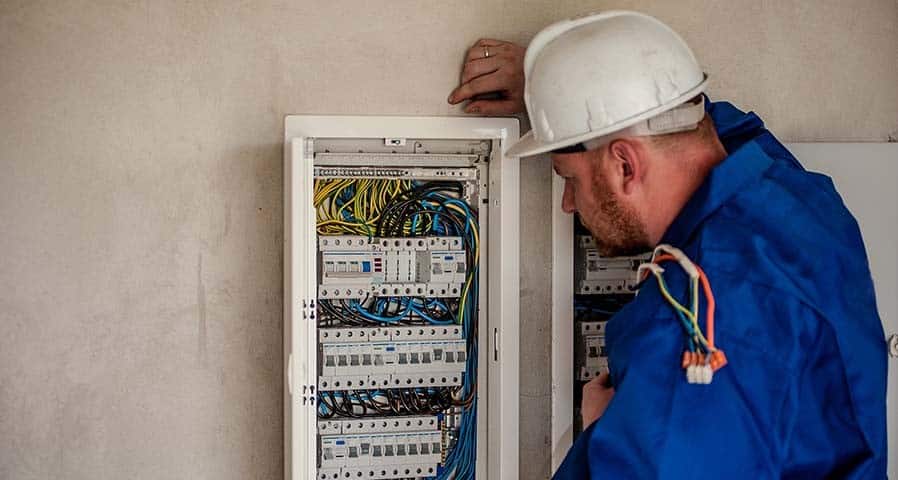

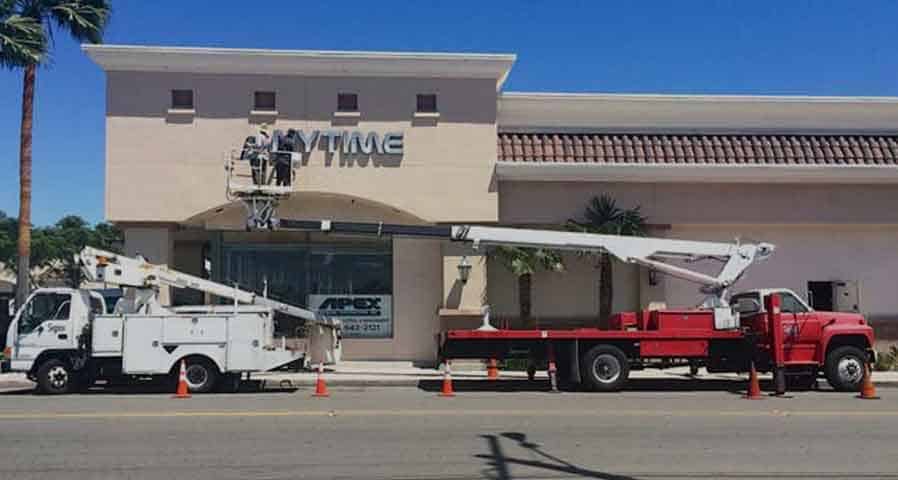










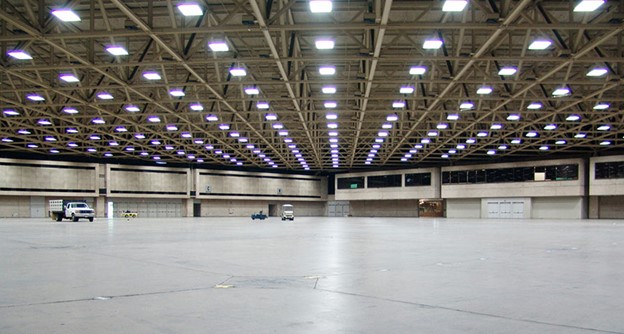
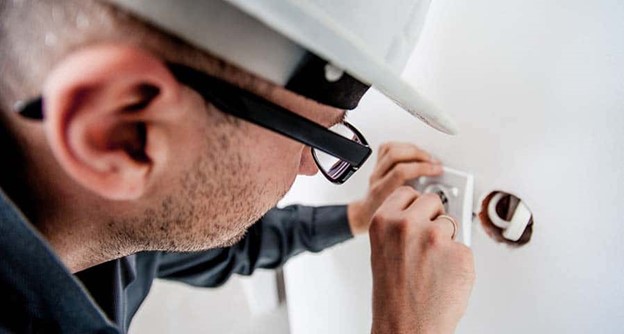

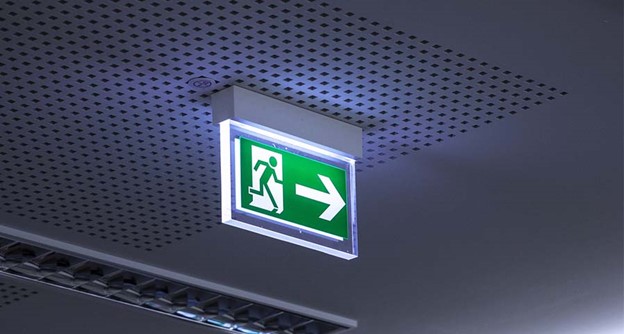

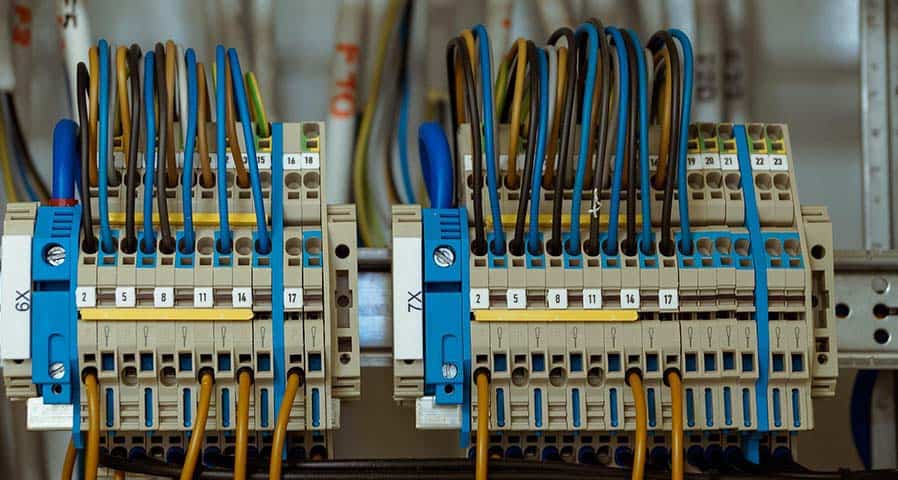



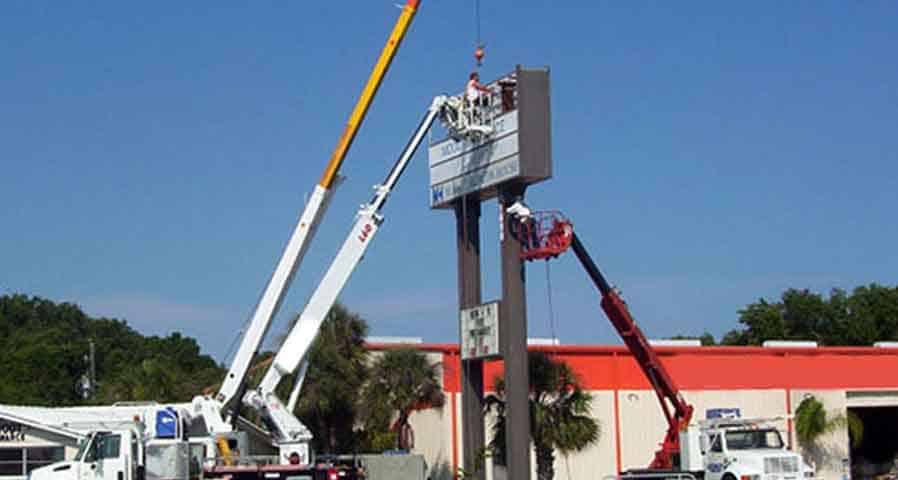

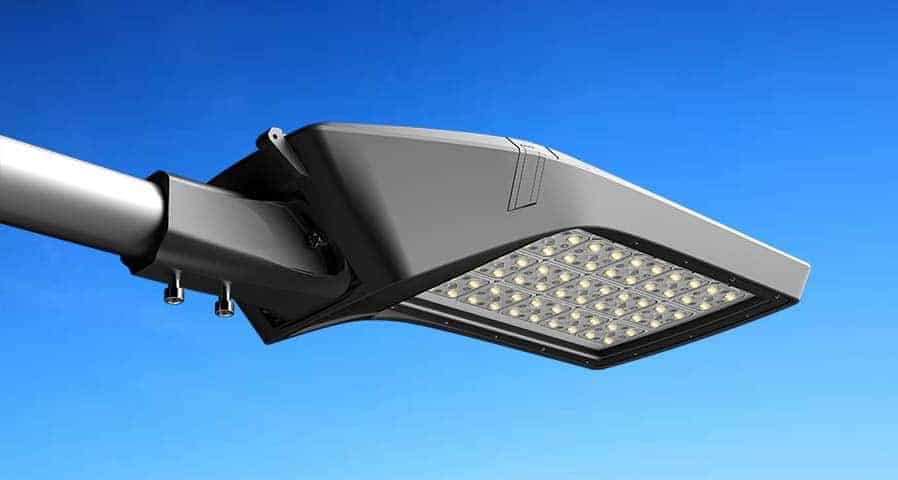
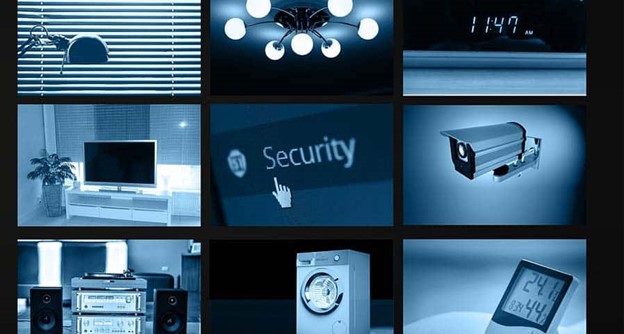
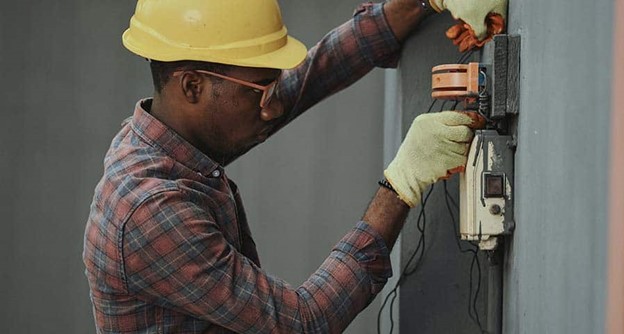
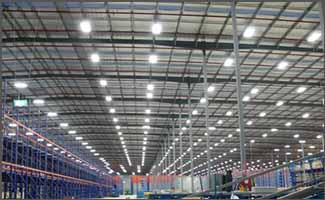
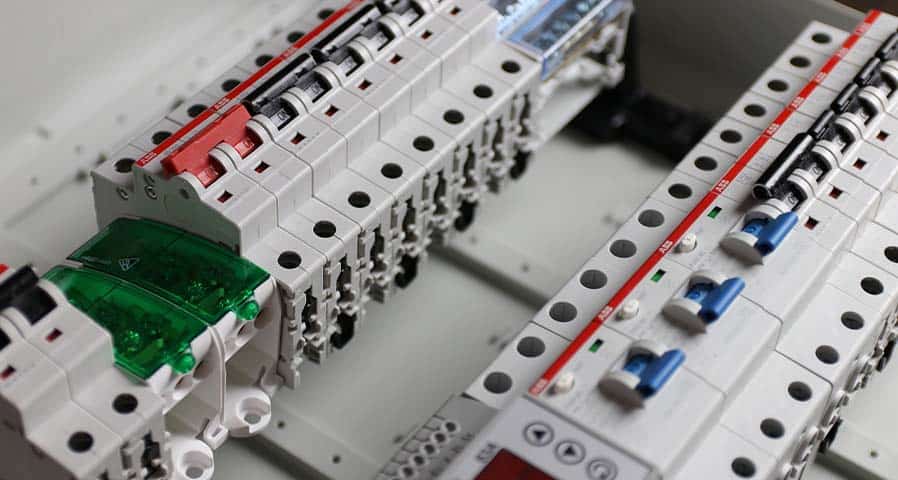



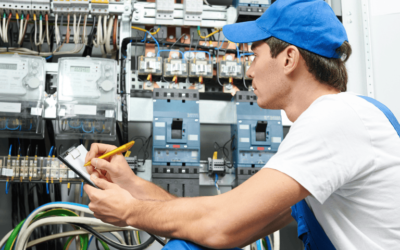


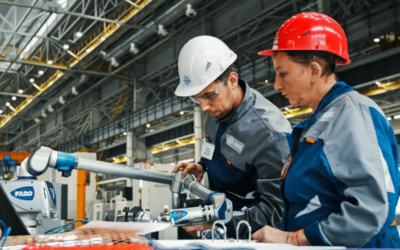
0 Comments